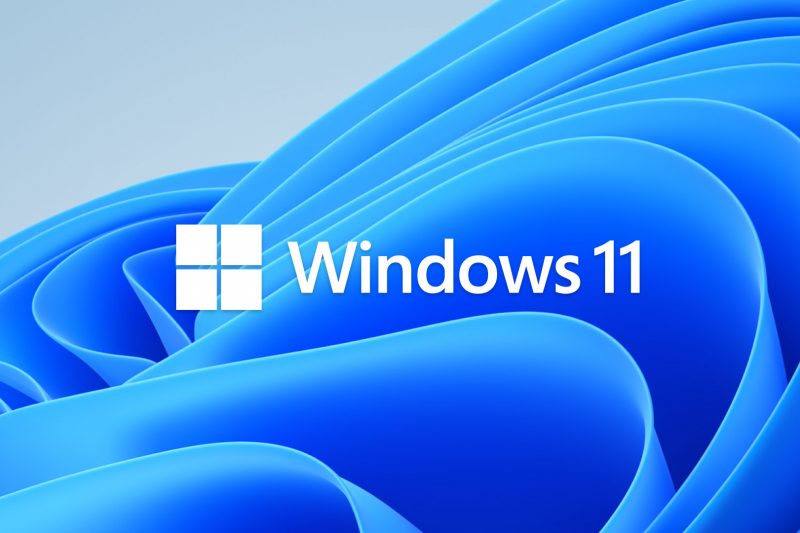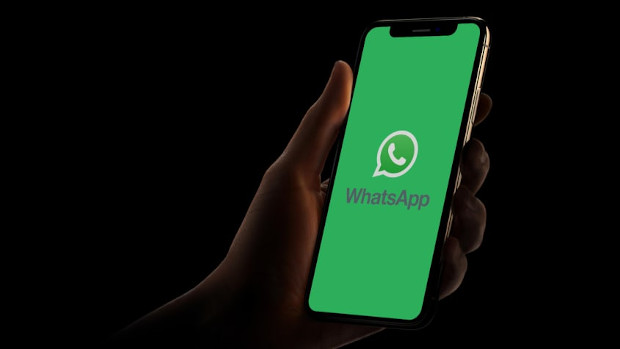Mobile technology has played a significant role in driving economic development in Africa over the past decade. In many African countries, mobile phones have become an essential tool for communication, commerce, and access to information, helping to drive economic growth and improve the lives of millions of people.
One of the key ways in which mobile technology has contributed to economic development in Africa is by enabling small businesses to access new markets. In many African countries, small businesses are the backbone of the economy, providing employment and driving economic growth. However, these businesses often face significant barriers to growth, including limited access to finance, poor infrastructure, and a lack of access to markets.
Mobile technology has helped to overcome these barriers by providing small businesses with new ways to reach customers and conduct transactions. For example, mobile banking and payment apps have enabled small businesses to accept electronic payments, even in areas where access to traditional banking services is limited. This has made it easier for small businesses to sell their products and services, and has helped to increase their competitiveness.
Mobile technology has also facilitated financial transactions and enabled people to access information and communicate more easily. In many African countries, access to financial services is limited, particularly in rural areas. Mobile banking and payment apps have helped to fill this gap by providing people with a convenient and secure way to send and receive money, pay bills, and access financial services.
In addition, mobile phones have given people in Africa access to a wide range of information and communication tools that were previously unavailable. For example, people can now access news, weather updates, and educational resources through their phones, and can communicate with others using messaging apps, social media, and other online platforms.
Overall, the widespread adoption of mobile technology in Africa has had a significant impact on economic development, helping to drive growth, create new opportunities, and improve the lives of millions of people. While there are still challenges and barriers to overcome, mobile technology has the potential to continue driving economic development in Africa for many years to come.
Here are a few examples of how mobile technology has enabled small businesses to access new markets and facilitated financial transactions in Africa:
Mobile banking and payment apps: Many small businesses in Africa have started using mobile banking and payment apps to accept electronic payments from customers. For example, M-Pesa, a mobile banking and payment service, has been widely adopted in Kenya, Tanzania, and other African countries. It allows small businesses to accept payments from customers, pay bills, and access financial services through their mobile phones.
E-commerce platforms: Mobile technology has also enabled the development of e-commerce platforms in Africa, which allow small businesses to sell their products and services online. For example, Jumia, an e-commerce platform that operates in several African countries, allows small businesses to sell their products to a wider audience, both within their own country and internationally.
Mobile marketing: Small businesses in Africa are also using mobile technology to reach new customers through mobile marketing. For example, they may use SMS marketing campaigns to promote their products and services, or use social media platforms like Facebook and Instagram to reach a larger audience.
Mobile banking: Mobile banking has also helped to increase access to financial services in Africa, particularly in rural areas where traditional banking services are limited. For example, many African countries have introduced mobile banking services that allow people to send and receive money, pay bills, and access other financial services through their mobile phones.
Mobile health apps: Mobile technology has also been used to improve access to healthcare in Africa. For example, mobile health apps have been developed that allow people to access medical information and connect with healthcare professionals remotely. This has been particularly useful in rural areas where access to healthcare is often limited.
Here are a few case studies that illustrate the impact of mobile technology on economic development in Africa:
M-Pesa in Kenya: M-Pesa is a mobile banking and payment service that was introduced in Kenya in 2007. It has since become one of the most widely used mobile financial services in the world, with over 44 million users in 10 countries. M-Pesa has enabled small businesses to accept electronic payments, pay bills, and access financial services through their mobile phones, helping to increase their competitiveness and drive economic growth.
Jumia in Nigeria: Jumia is an e-commerce platform that operates in several African countries, including Nigeria. It allows small businesses to sell their products online, both within their own country and internationally. By providing small businesses with access to a wider market, Jumia has helped to drive economic development in Nigeria and other African countries.
Mobile banking in Ghana: Mobile banking has played a significant role in increasing access to financial services in Ghana. For example, MTN Mobile Money, a mobile banking service operated by the telecommunications company MTN, has been widely adopted in the country. It allows people to send and receive money, pay bills, and access other financial services through their mobile phones. Mobile banking has helped to increase financial inclusion in Ghana, particularly in rural areas where access to traditional banking services is limited.
Mobile health apps in South Africa: Mobile health apps have been used to improve access to healthcare in South Africa and other African countries. For example, the MamaYe app was developed to provide expectant mothers with information and support during pregnancy and childbirth. The app has been successful in increasing access to healthcare for pregnant women, particularly in rural areas where access to medical care is often limited.
M-Farm in Kenya: M-Farm is a mobile platform that connects small-scale farmers in Kenya with buyers of their produce. The platform allows farmers to list the products they have available, and buyers can place orders through their mobile phones. By providing farmers with access to a wider market, M-Farm has helped to increase their income and drive economic growth in Kenya.
M-KOPA in Kenya: M-KOPA is a mobile platform that provides pay-as-you-go solar power to households in Kenya and other African countries. The platform allows people to pay for solar power using their mobile phones, and has helped to increase access to electricity in rural areas where grid electricity is often unreliable or unavailable. By providing households with access to reliable electricity, M-KOPA has helped to improve their quality of life and drive economic development.
Mobile money in Senegal: Mobile money has played a significant role in increasing financial inclusion in Senegal. The country has a high adoption rate of mobile money services, with over 90% of adults using mobile money to send and receive payments. This has helped to increase access to financial services in Senegal, particularly in rural areas where access to traditional banking services is limited.
Mobile marketing in South Africa: Small businesses in South Africa have used mobile marketing to reach new customers and drive economic growth. For example, many small businesses use SMS marketing campaigns to promote their products and services, and use social media platforms like Facebook and Instagram to reach a larger audience. Mobile marketing has helped small businesses to increase their sales and drive economic development in South Africa.



